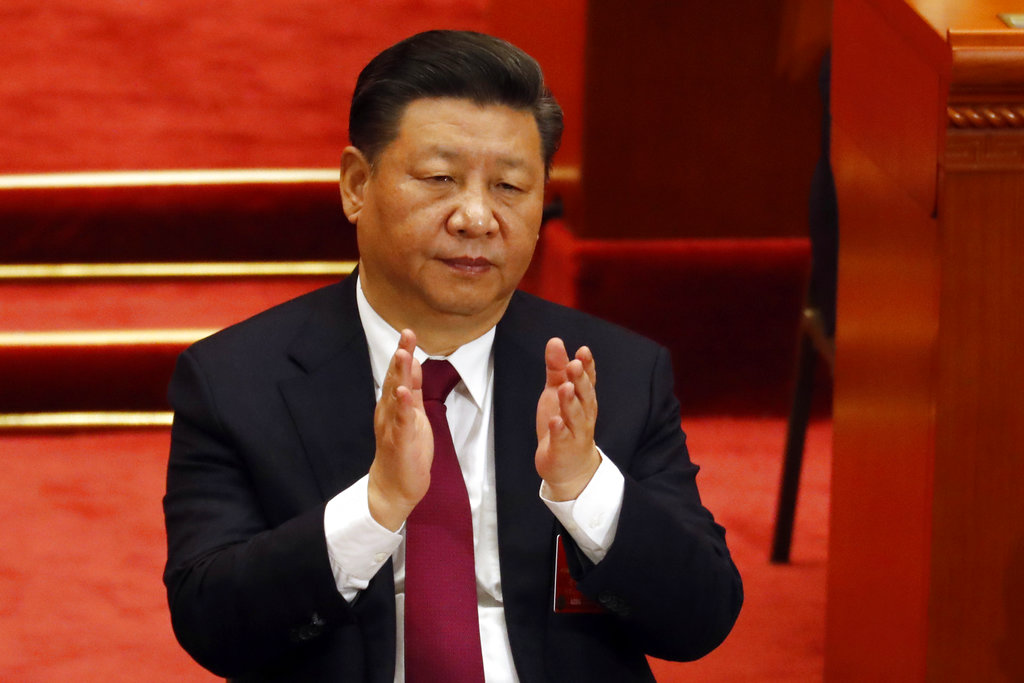Pentagon: few changes to U.S. overseas military 'footprint'
WASHINGTON (AP) — After months of study, the Pentagon has decided no immediate major changes are needed in the global positioning of U.S. forces, although it will further analyze force needs in the Middle East and make refinements in Asia and the Pacific, officials said Monday.
The outcome of the study, which began in March at Defense Secretary Lloyd Austin's direction, reflects a complex security picture facing the Biden administration, which fully withdrew from Afghanistan in August but is increasingly concerned about countering China in the Asia-Pacific region and Russia in Europe. Iran presents a further challenge, including in Iraq and Syria, which makes it difficult to allocate more U.S. forces to other parts of the world.
With China in mind, the Pentagon plans to make infrastructure improvements in some parts of the Pacific, including in Guam. In September the U.S. announced a new partnership with Australia and Britain to deepen security, diplomatic and defense cooperation in the Asia-Pacific region. As part of that AUKUS partnership, Australia is to acquire nuclear-powered submarines, and the U.S. is to increase rotational force deployments to Australia.
The Austin review is the first of several broad assessments by the administration of its defense priorities and policies. They include a reassessment of nuclear forces — their size and makeup, as well as the policies associated with their potential use — that is due to be finished early next year. The Pentagon also is working on a revised National Defense Strategy that would frame the full scope of defense policies, including the role of nuclear deterrence, cyberthreats, international alliances, and force modernization.
The Austin study, known as the Global Posture Review, has set the stage for adjustments to U.S. force positioning in the coming two to three years, according to a senior defense official who briefed reporters on the outcome. The official, who spoke on condition of anonymity in advance of the Pentagon's public announcement, said a number of force adjustments in the Asia-Pacific are in the works but require further consultation with foreign governments.
In April, Austin announced plans to expand the U.S. military presence in Germany by 500 troops and a halt to planning for large-scale troops cuts that had been ordered by the Trump administration. At the time of Austin's announcement, U.S. and European officials were expressing concern about a buildup of Russian forces near Ukraine's border. That crisis abated, but in recent weeks it has returned amid worry that Moscow might be planning a military incursion into Ukraine.











